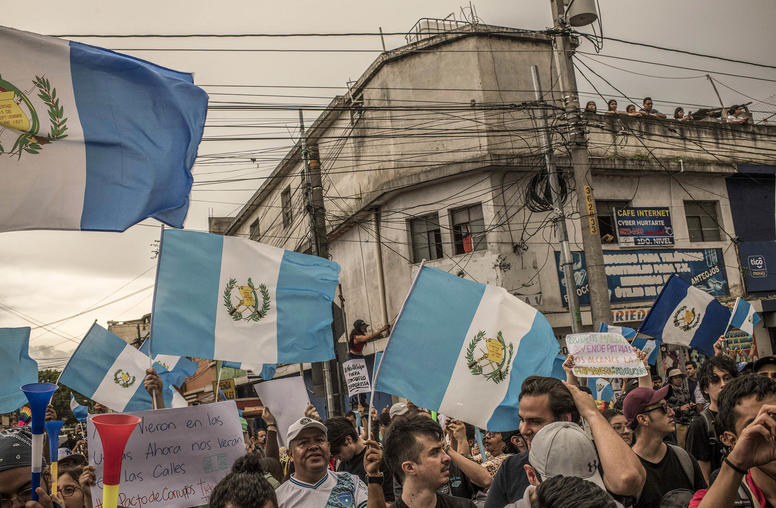Joining Democracy and Peace
Harnessing the Inextricable Link Between the Democratic Process and Peacebuilding
Read the event coverageIn support of the White House’s Summit for Democracy, USIP held a conversation with civil-society leaders from five democracies that are affected by diverse and challenging conflicts — Colombia, Iraq, Nigeria, the Philippines and Ukraine. The discussion examined the prospects for democracy and peace in these countries, how the goals of greater democracy and greater peace are linked, what lessons the leaders learned in joining together democracy and peace, and how the international democratic community can better support their efforts. Take part in the conversation on Twitter with #DemocracyandPeaceUSIP.
Speakers
Lise Grande, moderator
President and CEO, U.S. Institute of Peace
Uzra Zeya, keynote remarks
Under Secretary of State for Civilian Security, Democracy, and Human Rights
Farhad Alaaldin
Chair, Iraq Advisory Council, Iraq
Maria Jimena Duzan
Host, “A Fondo” podcast, Colombia
Glenda Gloria
Executive Editor, Rappler, Philippines
Idayat Hassan
Director, Centre for Democracy and Development, Nigeria
Oleksandra Matviychuk
Chair, Center for Civil Liberties, Ukraine



